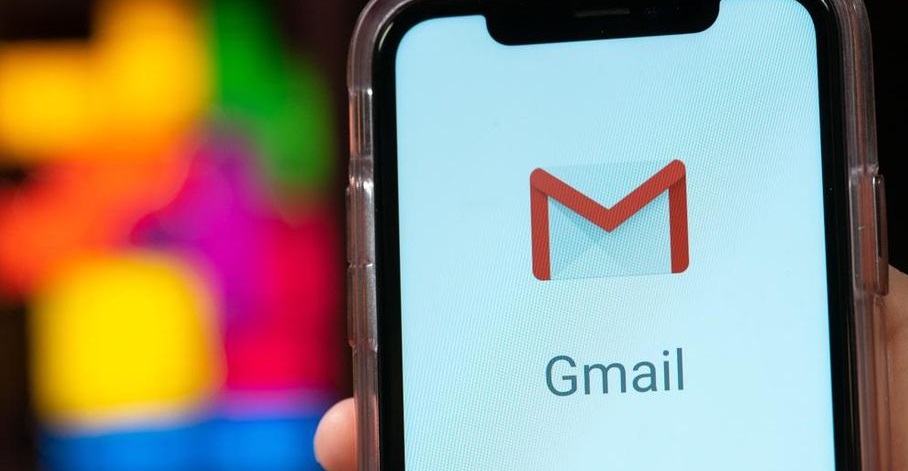Tips to Keep Your Phone Safe from Online Threats
Apart from reading your messages and email, hackers could be listening to every conversation you make.
A virus can be sent via an SMS, and when it enters your phone, it will give the hacker control over it. Do not be a victim of these malicious people.

Keep your phone safe from online threats by following these easy tips:
Install the Best Antivirus for Phone
Installing the best antivirus for mobile phones will ensure that you are always protected from online threats. It will detect and remove malware before they have a chance of infecting your device.
The best antivirus for the mobile phone comes with the following features;
- Antimalware protection; should have complete protection from all kinds of mobile malware such as virus, Trojans, ransomware, spyware, and adware
- Phishing protection; will warn you when you are about to enter malicious sites or click bad links
Keep the Antivirus and your apps updated
Always update your antivirus because the updates have the latest files needed to combat new malware.
Whether you are using android or Mac, it is crucial to update your apps to patch known vulnerabilities.
You need to regularly update your phone's operating system, to patch security vulnerabilities that act as entry points for hackers.
Hide your IP address
Why would you want to hide your IP address? Hide your IP address to prevent data tracking and surf the web anonymously.
Your IP address is always unique to your specific network hence can be used to track you and your online activities. Hide it with the following tools;
- Use a trusted VPN-it will establish a secure connection between you and the internet. It will disguise your IP address so you can browse anonymously.
- Use a proxy server-It works like a VPN. Provides a high level of privacy by hiding your IP address.
Don't click on any link

Practice safe browsing to avoid phishing attacks and infection of malware. Scammers use emails and links to trick you into giving your personal information. They will send you an email with a link looking like they are from your bank or legitimate company.
They will trick you into clicking their link and providing your information. Do not click on these links since you will download malware without you knowing.
Avoid downloading software applications too from illegitimate stores since they could harbor malware.
Use 2-factor authentication
I highly recommend using two-step authentications everywhere where it's supported. Whether it's for online banking or social media apps like Facebook or Twitter, having a second form of verification will come in handy in securing your phone.
A 2-factor authentication includes a verification code sent to your phone in text or phone call to allow access.
Use a strong password
Create strong passwords for your online accounts. It will be hard for cybercriminals to guess them. When creating one, make sure it is no shorter than 15 characters. Mix letters (both upper and lower case letters), numbers, and special characters.
Keep your passwords private, never share them with other people plus do not write them down.
Don't use the same password everywhere
Do not make it easy for hackers to access any of your accounts or possibly all your accounts just because you are using the same passwords for all your important logins.
Avoid public networks
Using a public network leaves your information and data vulnerable to other members using the same network.
If you have to use a public network such as hotel and café hot-spots, ensure you have a VPN to encrypt your data.
I recommend you turn off your phone's Wi-Fi whenever you're not using it and avoid free or unknown Wi-Fi connections.
Set your phone to lock sooner
Configure your mobile phone to auto-lock after 30 seconds of inactivity. You will be required to put in your password more frequently than usual, but it will make it a lot harder for someone to access your data if your phone is lost or stolen.
Turn on Find my iPhone and Erase Data
Protect your data from hackers with this find my iPhone feature. Find my iPhone is very effective in tracking the location of your iPhone.
It also allows you to remotely wipe your phone memory in case it gets stolen or lost. When your iPhone is stolen, you can go to the Find My iPhone app or iCloud.com and erase your phone's data.
You can as well configure it to erase data on itself after too many password attempts.
Use app-lockers
Your phone setting allows you to restrict some apps from accessing your data and other features like a camera. You can install an app-locker that will enable you to set a password to specific programs you want to protect.